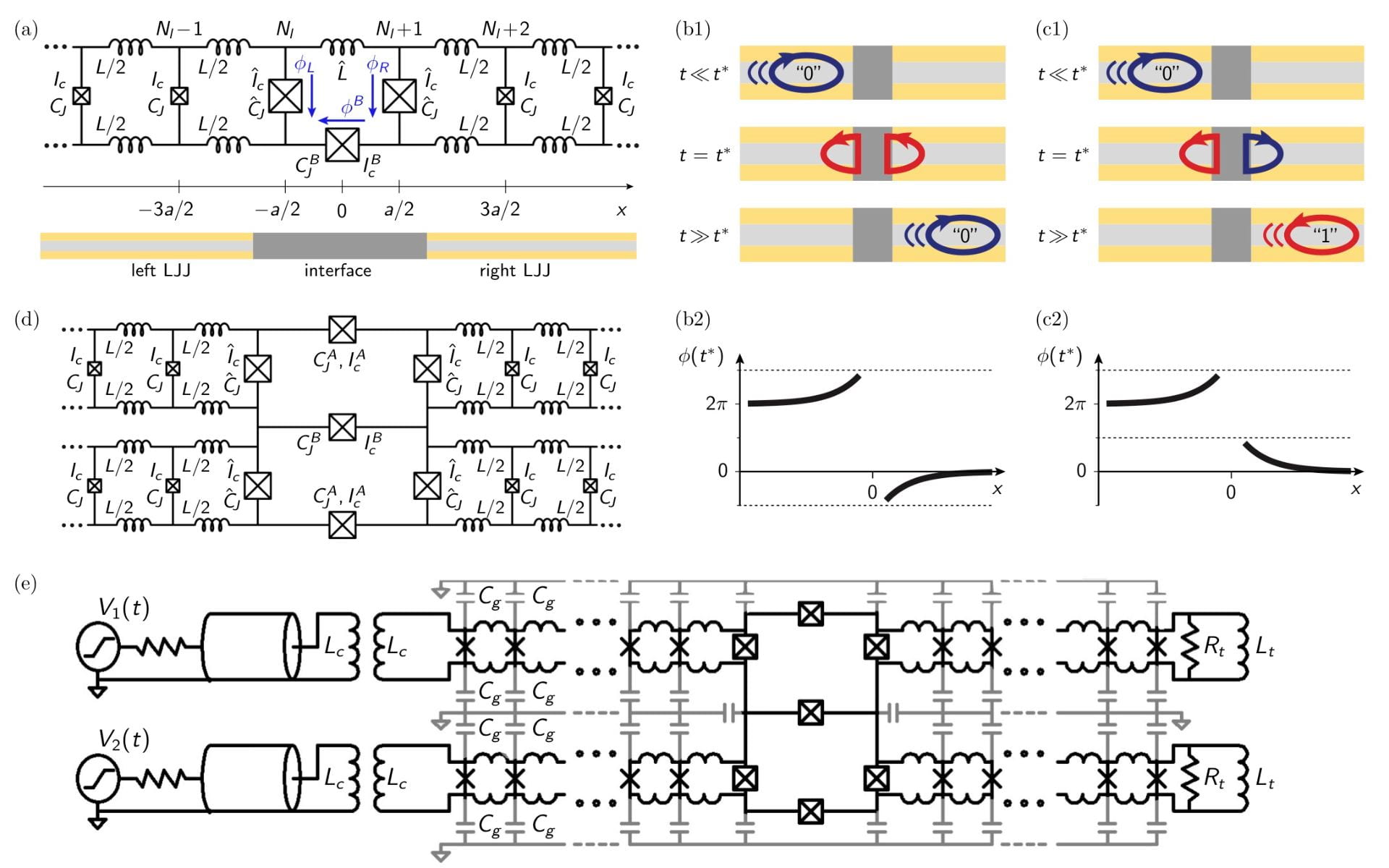LPS Solid-State and Quantum Physics Programs
Ten Research Programs at the Laboratory For Physical Sciences
Since 1993, LPS has funded the quantum computing research community in the United States and around the world. Find out more here.
Sponsored Research
LPS, in partnership with ARO, funds (via Broad Agency Announcments and other mechanisms) a broad array of quantum computing and related research. This research program has changed substanially over the decades and presently includes these major programs:
-
-
- HiPS (High Performance Superconducting Qubit Systems)
- QiS (Qubits in Silicon Program)
- SHiFT (Stable High Fidelity Trapped Ion Systems)
- QCISS (Quantum Characterization of Intermediate-Scale Systems)
- NEQST (New & Emerging Qubit Science & Technology)
- CQTS (Cross-Quantum Technology Systems)
-
Intramural Research
Beginning in 2000, LPS began active internal research in quantum information science. The LQC builds on these research labs expanding to new labs and research directions and adding substantial additional resources for collaborative research and quantum training.
Research Programs

Atomistic Fabrication
The scanning tunneling microscopy (STM) group utilized unique systems capable of measuring devices at cryogenic temperatures and in high magnetic fields, and performing ultra-precise lithography. Experimental research activities focus on exploring the surfaces of superconductors, magnetic thin films, and performing hydrogen lithography to synthesize devices at the atomic scale. Research Lead: Bob Butera
Cryologic Labs
Reversible Logic Macroscopic-quantum phenomena with flux-quanta are explored to lower the energy usage of digital gates in computers. Present-day logic gates use irreversible functions, but physics allows for fundamentally more-efficient reversible gates. Free-dynamical reversible gates are possible using systems of undamped Josephson junctions with complex resonances. Ongoing theoretical and experimental studies of these resonances may lead to dissipationless changes in flux-quanta polarity for the future of computing. Research Lead: Kevin Osborn and Ben Palmer. READ MORE
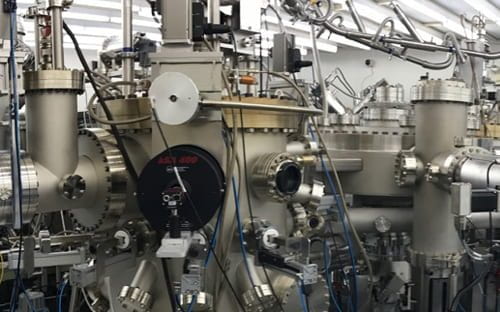
Epitaxial Materials
The epitaxial materials group synthesizes advanced materials using molecular beam epitaxy. Experimental activities revolve around creating materials that advance the capabilities of qubit devices. Two examples are custom low-loss superconductors and semiconductor quantum well heterostructures. Research Lead: Chris Richardson
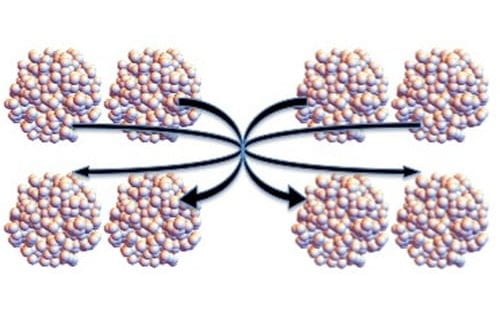
Fundamentals of Qubit Behavior
Can we design qubits with longer coherence times? Is it possible for a time-independent Hamiltonian to prevent noise from decohering a quantum computation? Are there fundamental physical limits to quantumness? These are some of the research questions studied by our group. Research Lead: Ari Mizel
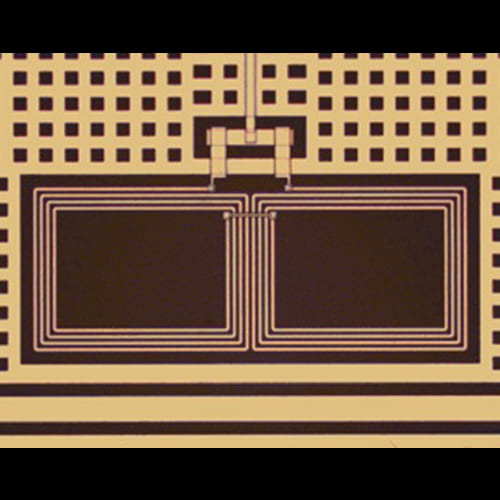
Quantum Circuits With Two-Level Systems
Custom superconducting resonators and qubits are studied to better understand coherence, noise, quantum-material properties, et cetera for the future quantum processors. Many studies are performed on atomically sized two-level systems (TLSs), a major source of decoherence. For example, TLS-energy tuning and TLS-sourced microwave lasing are implemented. Research Lead: Kevin Osborn
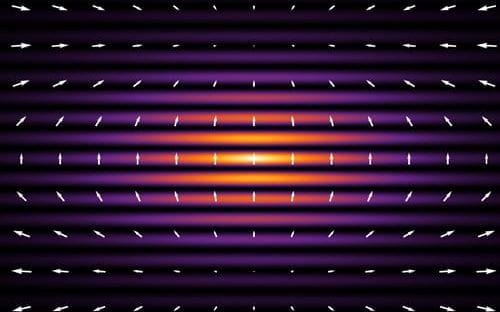
Quantum Information and Device Theory
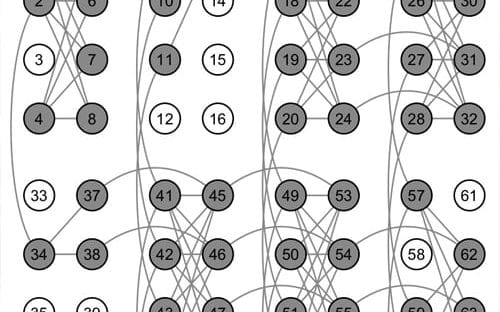
Quantum Information Theory
We study a number of topics including developing resource reduction methods for quantum error correcting codes; quantum algorithms for problems in group theory and combinatorics, and quantum simulation algorithms for non-linear classical systems; and quantum control protocols for the preparation of high-fidelity logical quantum states. Research Lead: Frank Gaitan
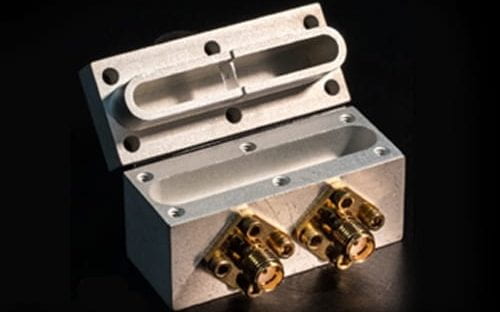
Quantum Superconducting Devices
Silicon Quantum Devices and 2D Materials
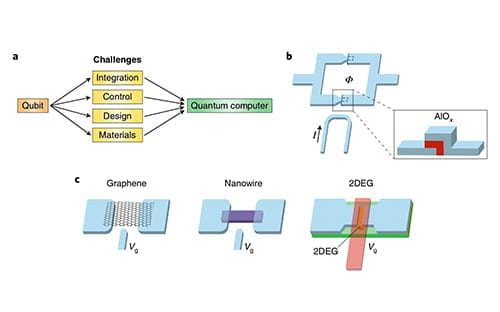
Super | Semi Lab
The Super|Semi Lab is a new multi-PI laboratory focused on superconducting and semiconductor devices and hybrid devices like super-semi junctions and epitaxial junctions. Research Leads: Charles Tahan, Chris Richardson, Ben Palmer

